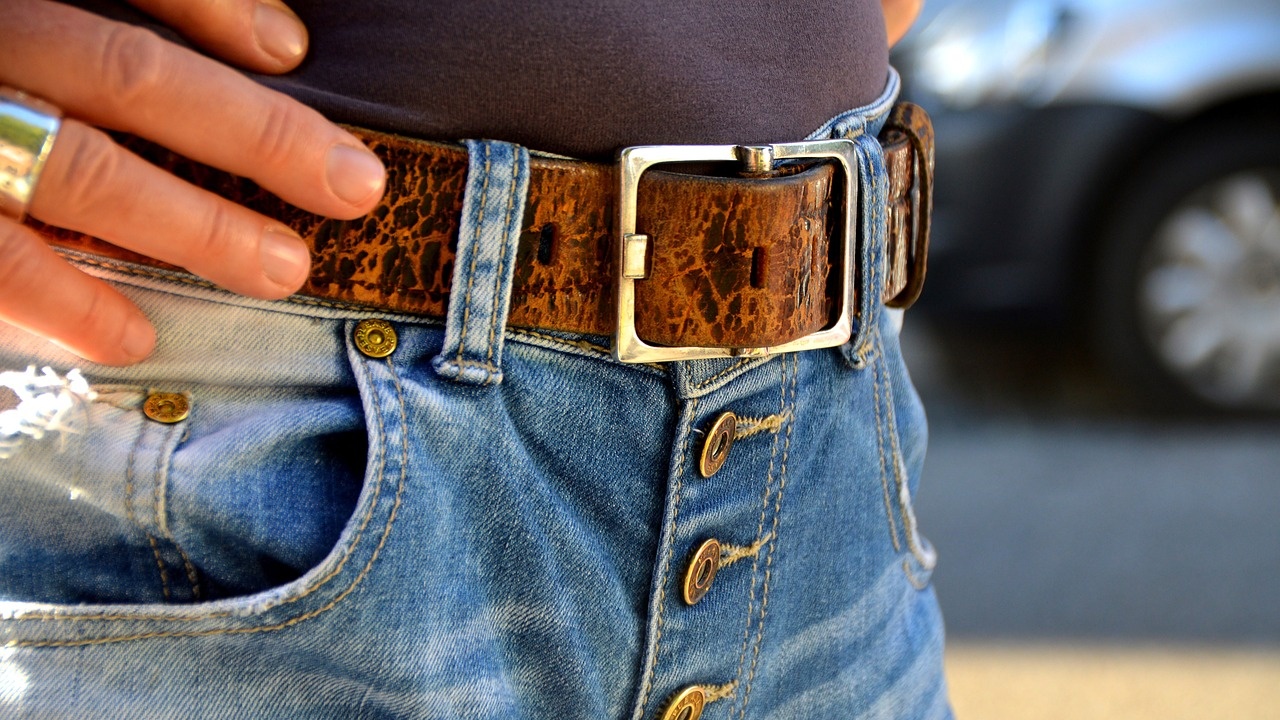A Dutch sperm donor is on trial to prevent him from fathering more children, Euronews reported.
The 41-year-old from The Hague is believed to have fathered at least 550 children worldwide.
A woman who conceived a child in 2018 with the help of his donated sperm is behind the lawsuit along with the Donorkind Foundation, an organization that protects the rights of donor children.
According to the foundation, the man - named Jonathan M. in the Dutch press - donated his sperm to at least 13 clinics in the Netherlands and abroad.
According to the rules, one person can donate sperm for no more than 25 offspring or for 12 families to prevent incest and protect the mental health of donor children.
"If I had known that he had already fathered more than a hundred children, I would never have chosen this donor," the mother who started the proceedings against him said in a statement.
"When I think about the implications this could have for my child, I feel sick and uncertain about his future: how many more children will be added?"
"Going to court is the only way I can protect my child," she continues.
The man was already blacklisted in the Netherlands in 2017 after it became clear that he had more than a hundred donor children.
The Netherlands Society of Obstetrics and Gynecology (NVOG) then called on all sperm banks and clinics to immediately stop using his sperm.
Jonathan M. allegedly continued to donate abroad and through illegal channels.
The Donorkind Foundation claims that the donor contacts expectant mothers through social media to offer their sperm under the table.
He allegedly lied about the number of children he fathered through sperm banks.
According to the foundation's lawyer Mark de Heck, the donor violated agreements with the clinics and with the prospective parents, who relied on his commitment to conceive only up to 25 children.
Who is the woman who gave birth to 69 children?
"The donor has prioritized his desire to reproduce and his behavior poses a threat to the mental and physical well-being of the donor children," says de Heck.
The media reports that Jonathan M. currently lives in Kenya and refuses to comment on the legal proceedings against him, BGNES reported.
The Progress Educational Trust (PET), a platform for people affected by infertility or genetic diseases, says the 25-offspring limit aims to keep kinship rates among donor-conceived people similar to those in the general population.
"When the donor's genetic material is present in a large number of offspring, the (very small) risk of two half-siblings forming an intimate relationship increases," the PET points out.
